Health And Medicine
-

Math models to aid voice disorders
A new computational model of the interactions between vocal folds and the air around them could aid in designing new treatments for voice disorders. Read MoreJan 27, 2014
-
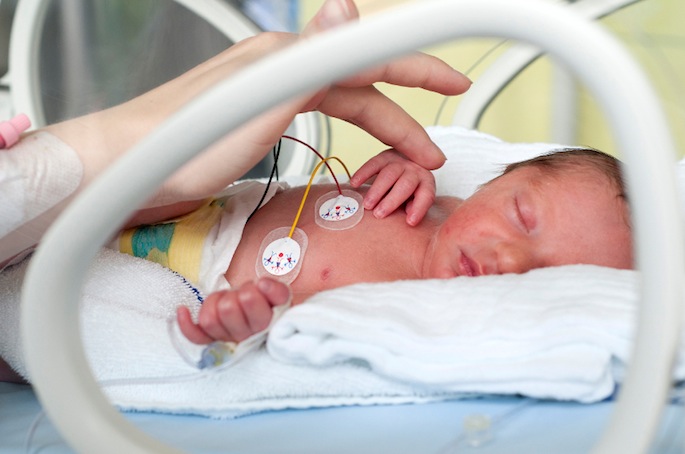
Probing mysteries of preterm birth
Understanding the relationship between the thinning and rupture of fetal membranes and the presence of bacteria could lead to treatment and prevention strategies for premature birth. Read MoreJan 24, 2014
-

Autism Speaks grant boosts Rett syndrome research
Colleen Niswender, Ph.D., research associate professor of Pharmacology, has received a three-year, $450,000 grant from the autism science and advocacy organization Autism Speaks to support studies investigating a possible new treatment for Rett syndrome. Read MoreJan 23, 2014
-
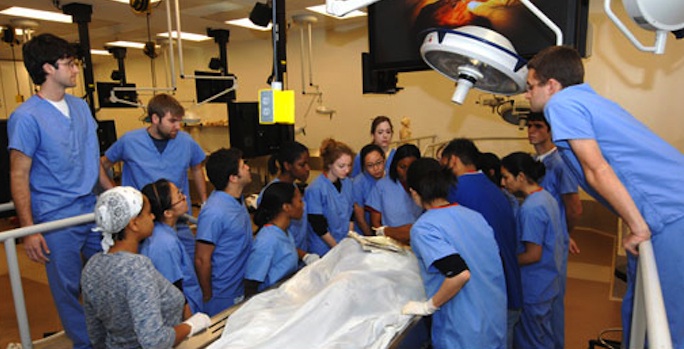
VUSM moves into top 10 in NIH funding
According to annual figures available through the National Institutes of Health (NIH), Vanderbilt University School of Medicine (VUSM) is now ranked ninth in the nation among U.S. medical schools in total grant support provided through the nation’s medical research agency. Read MoreJan 23, 2014
-

Human and Helicobacter co-evolution
by Denise Anthony (iStock) A Vanderbilt University-led research team has solved a long-standing riddle: Why do people of mostly Amerindian ancestry in the Andes have a gastric cancer rate that is 25 times higher than that of fellow Colombians of mostly African descent only 124 miles away on the coast?… Read MoreJan 23, 2014
-
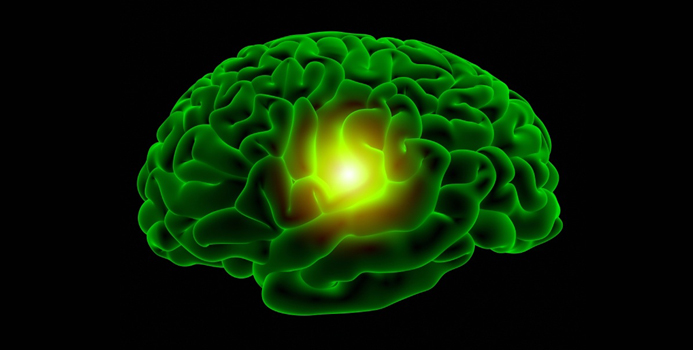
New approach may halt glioblastoma’s ability to grow
Vanderbilt University researchers have discovered a “backdoor” approach to blocking an enzyme that fuels the growth of glioblastoma, the most common and most fatal form of brain cancer. Read MoreJan 16, 2014
-

Grant aids premature infant hydrocephalus research
Neurodevelopmental outcomes of premature infants with post-hemorrhagic hydrocephalus is the subject of a new research study at the Monroe Carell Jr. Children’s Hospital at Vanderbilt. Read MoreJan 16, 2014
-
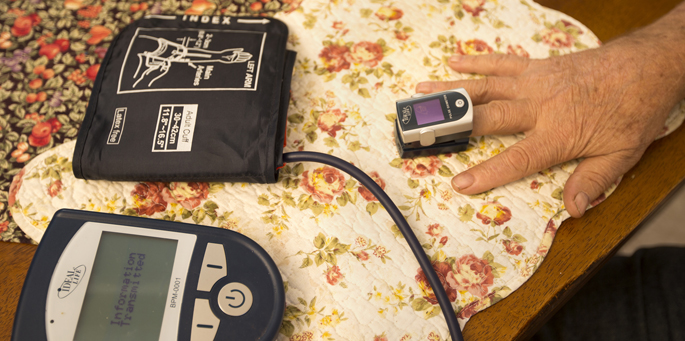
CHF project shows home monitoring eases readmissions
In preliminary testing, Vanderbilt Home Care Services (VHCS) has found that Internet-based remote patient monitoring reduces hospital readmissions for patients with congestive heart failure (CHF) who are receiving home nursing visits. Read MoreJan 16, 2014
-
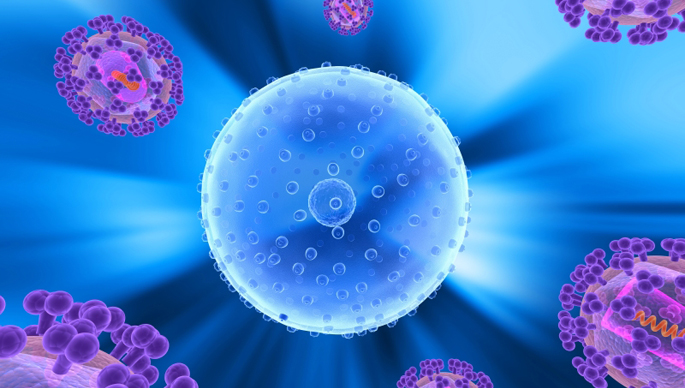
HIV’s impact on B cells
Understanding how HIV infection affects immune system B cells may guide strategies for vaccine development. Read MoreJan 15, 2014
-

Vanderbilt study reveals senses of sight and sound separated in children with autism
Children with autism spectrum disorders have trouble integrating simultaneous information from their eyes and their ears--as if they experience the world like a badly-dubbed movie. Read MoreJan 14, 2014
-
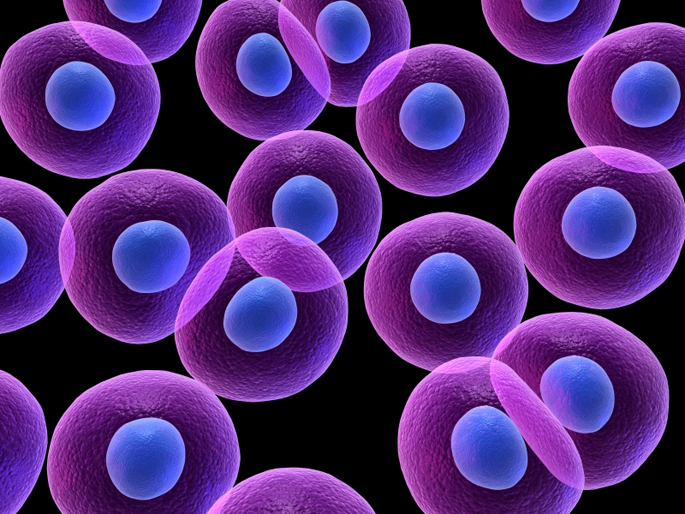
Searching for beta cell stimulators
Vanderbilt researchers describe a new technique for identifying factors that stimulate the proliferation of pancreatic beta cells – factors that might offer therapeutic options for diabetes. Read MoreJan 13, 2014
-

A pain in the … genes
Vanderbilt researchers have discovered that variation in the gene encoding the potassium channel GIRK1 plays a role in modulating human pain perception. Read MoreJan 10, 2014
-

Employment may lead to improvement in autism symptoms
More independent work environments may lead to reductions in autism symptoms and improve daily living in adults with the disorder, according to a Vanderbilt study released in the Journal of Autism and Developmental Disorders. Read MoreJan 9, 2014
-

Brain-gut connection in autism
An association between rigid-compulsive behaviors and gastrointestinal symptoms in autism spectrum disorder may point to a common biological pathway that impacts both the brain and the gut. Read MoreJan 9, 2014
-
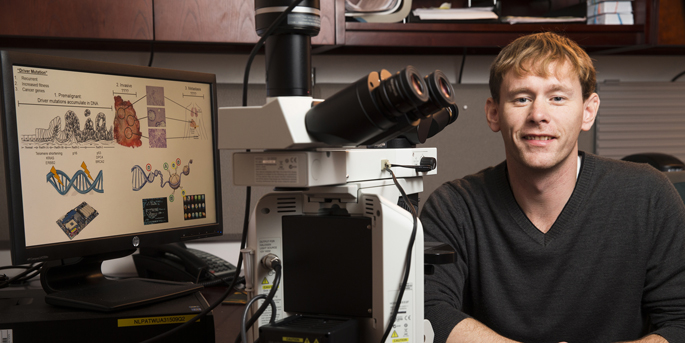
Pioneers of Discovery: Investigator seeks to debug cancer’s ‘bad software’
Beyond genetics — that’s the call Oliver McDonald, M.D., Ph.D., heard during the year between college and medical school he spent in a lab at St. Jude Children’s Research Hospital in Memphis. Read MoreJan 9, 2014
-

Young children engage in physical activity in short spurts; preschoolers take 11 hours to attain daily exercise levels
Preschool-aged children require the majority of their waking day to achieve their recommended daily physical activity, a Vanderbilt study published in Obesity found. Read MoreJan 8, 2014
-

Vanderbilt study shows suicide risk doesn’t differ in children taking two types of commonly prescribed antidepressants
A new Vanderbilt University Medical Center study shows there is no evidence that the risk of suicide differs with two commonly prescribed antidepressants prescribed to children and adolescents. Read MoreJan 7, 2014
-

Ancient chemical bond may aid cancer therapy: study
A chemical bond discovered by Vanderbilt University scientists that is essential for animal life and which hastened the “dawn of the animal kingdom” could lead to new therapies for cancer and other diseases. Read MoreDec 19, 2013
-
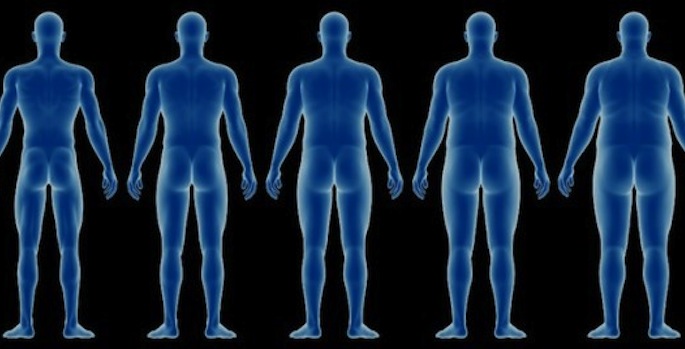
Bariatric surgery’s metabolic impact to be explored
Vanderbilt University researchers have received a two-year, $1.2 million grant from the National Institutes of Health (NIH) to study a mouse model of the metabolic and hormonal changes caused by bariatric surgery. Read MoreDec 19, 2013
-
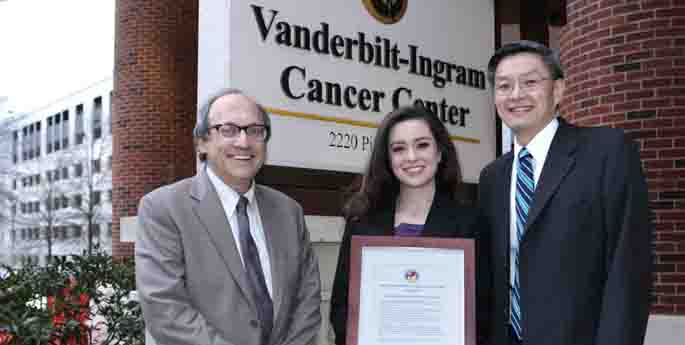
VU study identifies new gene fusions in melanoma
Cancer researchers, led by investigators at Vanderbilt-Ingram Cancer Center, have identified two novel gene fusions in melanoma that may be responsive to existing cancer therapies. Melanoma is the most deadly form of skin cancer. Read MoreDec 19, 2013